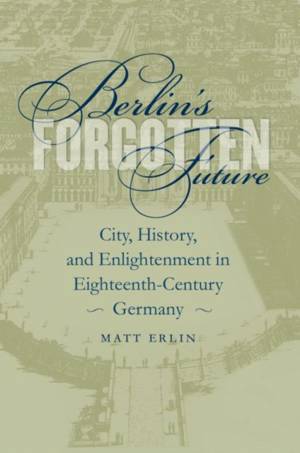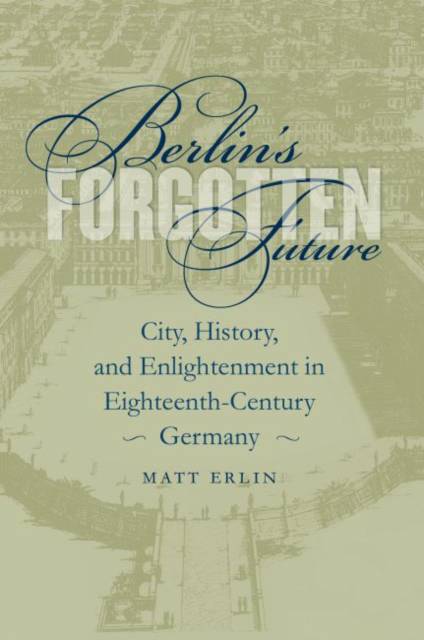
Bedankt voor het vertrouwen het afgelopen jaar! Om jou te bedanken bieden we GRATIS verzending (in België) aan op alles gedurende de hele maand januari.
- Afhalen na 1 uur in een winkel met voorraad
- In januari gratis thuislevering in België
- Ruim aanbod met 7 miljoen producten
Bedankt voor het vertrouwen het afgelopen jaar! Om jou te bedanken bieden we GRATIS verzending (in België) aan op alles gedurende de hele maand januari.
- Afhalen na 1 uur in een winkel met voorraad
- In januari gratis thuislevering in België
- Ruim aanbod met 7 miljoen producten
Zoeken
€ 39,95
+ 79 punten
Omschrijving
Through an analysis of the works of the Berlin Aufklärer Friedrich Gedike, Friedrich Nicolai, G. E. Lessing, and Moses Mendelssohn, Matt Erlin shows how the rapid changes occurring in Prussia's newly minted metropolis challenged these intellectuals to engage in precisely the kind of nuanced thinking about history that has come to be seen as characteristic of the German Enlightenment. The author's demonstration of Berlin's historical-theoretical significance also provides perspective on the larger question of the city's impact on eighteenth-century German culture. Challenging the widespread idea that German intellectuals were anti-urban, the study reveals the extent to which urban sociability came to be seen by some as a problematic but crucial factor in the realization of their Enlightenment aims.
Specificaties
Betrokkenen
- Auteur(s):
- Uitgeverij:
Inhoud
- Aantal bladzijden:
- 238
- Taal:
- Engels
- Reeks:
- Reeksnummer:
- nr. 127
Eigenschappen
- Productcode (EAN):
- 9781469614632
- Verschijningsdatum:
- 23/04/2014
- Uitvoering:
- Paperback
- Formaat:
- Trade paperback (VS)
- Afmetingen:
- 152 mm x 229 mm
- Gewicht:
- 344 g

Alleen bij Standaard Boekhandel
+ 79 punten op je klantenkaart van Standaard Boekhandel
Beoordelingen
We publiceren alleen reviews die voldoen aan de voorwaarden voor reviews. Bekijk onze voorwaarden voor reviews.









